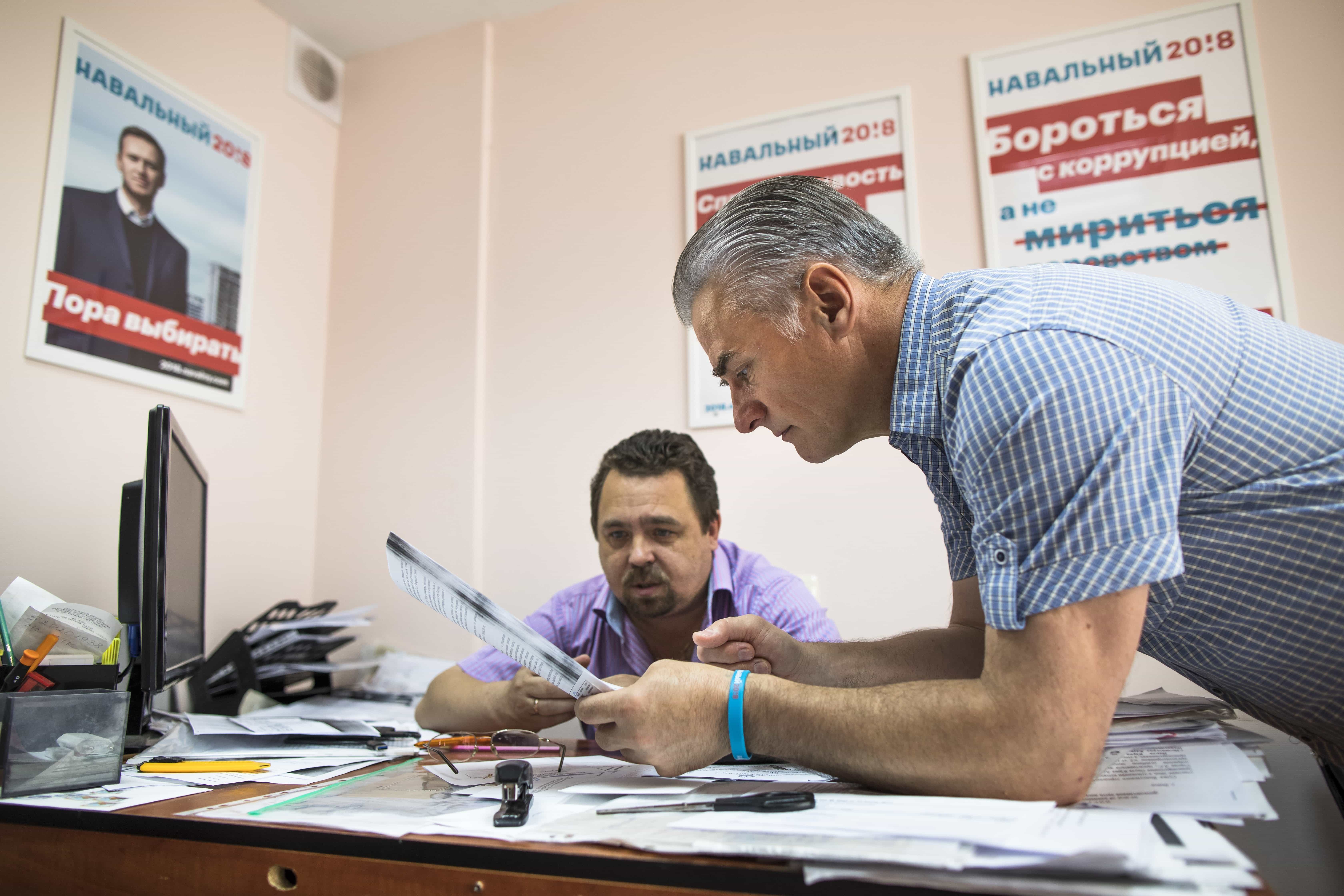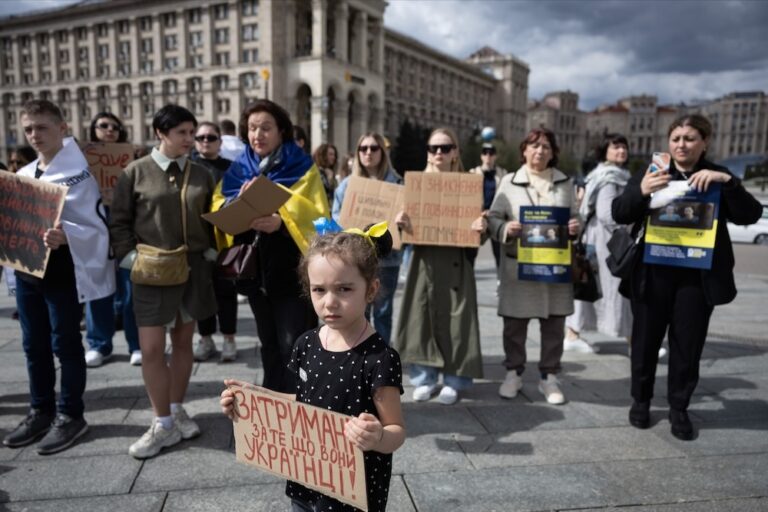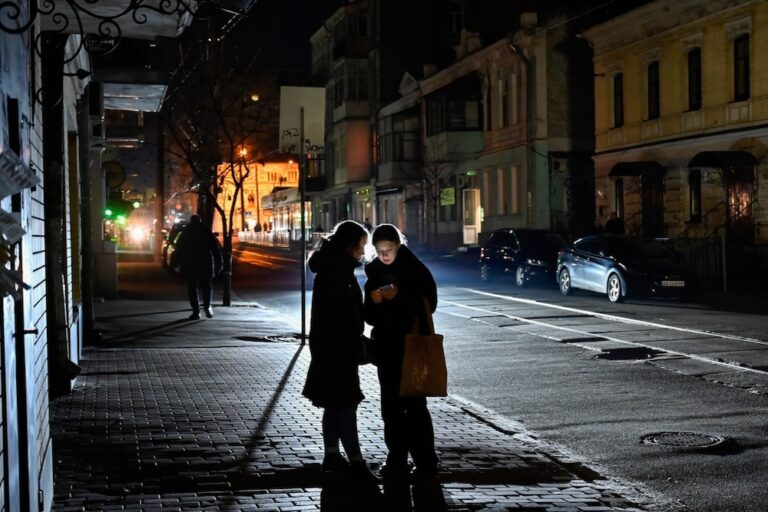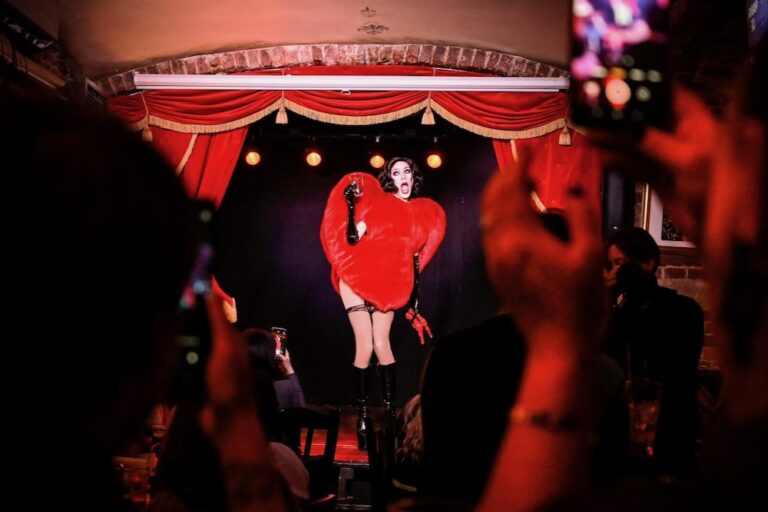The extensive police harassment, and attacks on the local offices and campaigners by radical nationalist and pro-Putin groups in spring and summer this year clearly aim to intimidate campaigners for Alexei Navalny and stifle the campaign.
This statement was originally published on hrw.org on 6 September 2017.
Russian police have systematically interfered with the presidential campaign of Russia’s leading political opposition figure Alexei Navalny, Human Rights Watch said today. Police across Russia have raided Navalny’s campaign offices, arbitrarily detained campaign volunteers, and carried out other actions that unjustifiably interfere with campaigning. In addition, radical nationalists and pro-Putin groups have physically attacked and threatened campaigners, and official investigations into these incidents have not been effective.
“The pattern of harassment and intimidation against Navalny’s campaign is undeniable,” said Hugh Williamson, Europe and Central Asia director at Human Rights Watch. “Russian authorities should let Navalny’s campaigners work without undue interference and properly investigate attacks against them by ultra-nationalists and pro-government groups.”
In December 2016, Navalny announced he would run in Russia’s March 2018 presidential election. To date, he has opened more than 60 campaign offices in different regions of Russia. The extensive police harassment, and attacks on the local offices and campaigners by radical nationalist and pro-Putin groups in spring and summer this year clearly aim to intimidate campaigners and stifle the campaign, Human Rights Watch said.
Navalny, an anti-corruption activist, is formally disqualified from the presidential race due to an outstanding criminal conviction, the result of a politicized, unfair trial.
Human Rights Watch interviewed Navalny campaigners in Kazan, Krasnodar, Rostov-on-Don, Kaliningrad, Irkutsk, Khabarovsk, St. Petersburg and Moscow and reviewed official documents related to the authorities’ actions and complaints to the police, as well as relevant public information including social media postings and videos.
The campaigners described a wide range of methods used to interfere with the campaign. Police have searched campaign offices, seized campaign materials or equipment, and intercepted and confiscated shipments of campaign materials under vague pretexts of “extremism” allegations. Authorities have refused to authorize Navalny’s campaign sidewalk displays, and have detained campaigners on groundless charges of holding unauthorized public gatherings, and for alleged unlawful campaigning activity.
Authorities have also launched criminal inquiries into campaigners’ activities, including for arbitrary violation of lease agreements and other contracts, and distribution of extremist materials. They have also raided the homes of local campaigners and their relatives, seizing equipment, campaigning materials, and other documents. Russia’s specialized anti-extremism police units appear to play an important role in the crackdown.
“The use of specialist police and the label of ‘extremism’ as a pretext for raids, confiscations, and detentions suggests that authorities think it’s ‘extremist’ just to challenge President Vladimir Putin,” Williamson said.
Navalny campaigners and offices across Russia have also faced an increasing number of attacks by ultra-nationalist groups and activists. The attacks range from vandalizing campaign offices or campaigners’ homes, storming into meetings, destroying equipment, blocking the entrance to campaign events, and severely damaging or even burning campaigners’ cars. Attackers have also physically assaulted campaigners, pushing them, beating them, and throwing eggs and other objects at them. They have also carried out bomb scares and thrown a Molotov cocktail at the campaign office in the Stavropol. In some cases the attackers seek to hide their identities, while in other cases the assailants do not hide their identity but rather boast about their actions on social media.
In some of the mob attacks, police merely stood by and did nothing or arrived too late to catch the attackers. When campaigners filed complaints, authorities dutifully registered them, but typically failed to carry out an effective investigation, and in at least one case accused the campaigners of staging the attack for self-promotion.
“Navalny’s campaigners are getting hit from two sides – the ultra-nationalist and pro-government thugs who openly attack them with impunity, and officials, who use lame pretexts to detain and harass them,” Williamson said. “The message is not subtle and the result is the further elimination of any real alternatives in Russia’s political system.”
Navalny’s campaign
Alexei Navalny’s platform focuses on such issues as ending corruption and inequality, accountability for law enforcement and security agencies, and reversing Russiaès alleged growing isolation. In February 2017, Navalny opened his first campaign office in St. Petersburg. By August, 62 campaign offices were operating in different regions of Russia, with another 15 expected to open later in 2017. On March 20, when Navalny attended the opening of his office in Barnaul, the capital of Russia’s Altai region, unidentified men pelted him with capsules of bright green antiseptic solution.
Throughout the spring, anti-Navalny activists attacked him in other cities, pelting him with eggs and cake. In April 27, when he was leaving his office in Moscow, three men threw a harsh solution in his face, burning of one of his eyes and resulting in a temporary partial loss of vision. Though video footage enabled Navalny to identify the attackers, police suspended the investigation in June, claiming they could not establish the perpetrators’ identity.
On June 23, Russiaès Central Election Commission stated that Navalny could not be a presidential candidate due to his criminal conviction. In 2013, Navalny was found guilty of embezzlement and handed a five-year suspended sentence. The case involved allegations that in 2009, while he was an advisor to the governor of Russia’s Kirov region, he used his position to arrange for a company owned by the regional government to sell timber to another company, which resold it at a higher price. In 2016, the European Court of Human Rights (ECtHR) ruled that the case violated Navalnyès right to a fair trial, and that his actions did not amount to embezzlement. Russiaès Supreme Court then sent the case for a re-trial, and in February 2017 a district court in Kirov once again delivered a guilty verdict.
The head of Navalnyès countrywide campaign, Leonid Volkov, stated on social media that the conviction will not stop Navalny running for president. Volkov also said that Navalny was planning to bring further cases to the ECtHR and explore other legal avenues to enable him to run.



